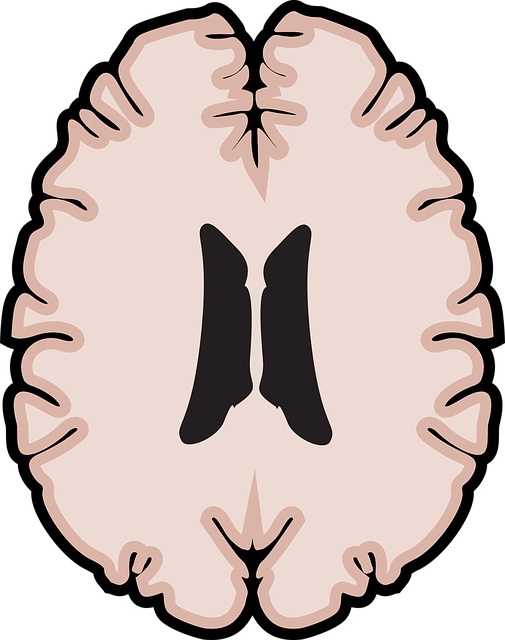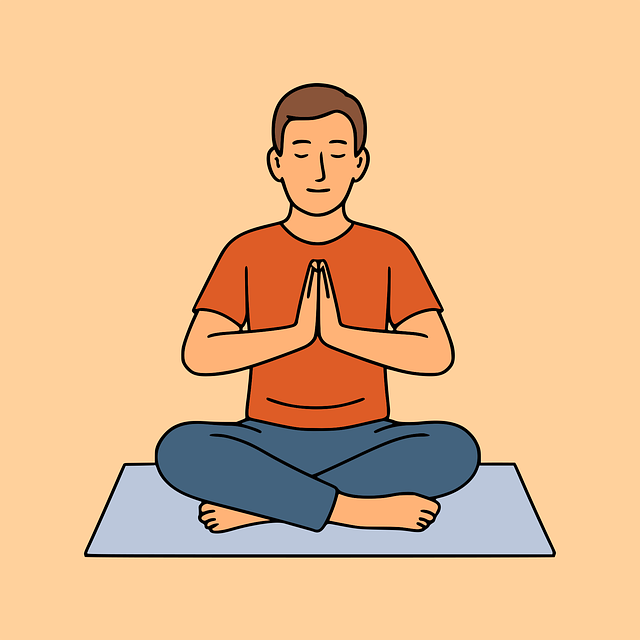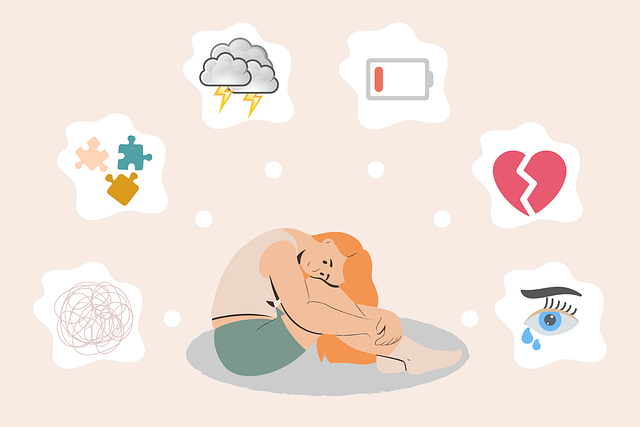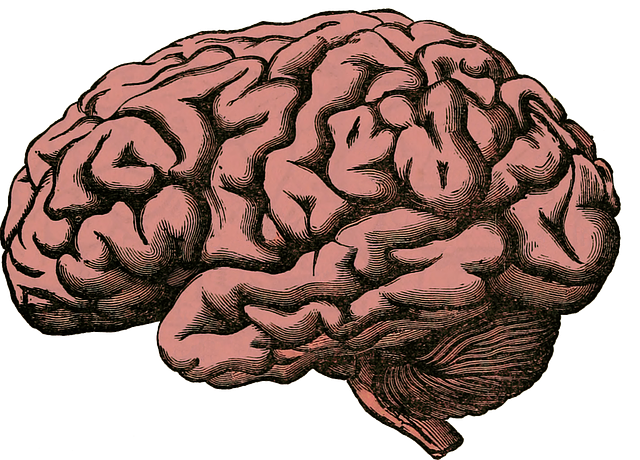Anxiety in Boulder, Colorado, requires a comprehensive approach to management. This includes understanding physiological responses, identifying triggers, and challenging negative thought patterns through Cognitive Behavioral Therapy (CBT) available at specialized Boulder Womens Issues Therapy services. Mindfulness, meditation, lifestyle adjustments like nutrition and exercise, and community support are also vital tools for managing anxiety. Boulder Womens Issues Therapy centers offer tailored modalities, advocating for mental health awareness and policy changes to combat this prevalent issue.
Anxiety is a common yet complex emotion that can significantly impact daily life. In this comprehensive guide, we explore effective anxiety management techniques tailored for individuals seeking support in Boulder, CO (Boulder Womens Issues Therapy). From understanding the intricate nature of anxiety to practical strategies like Cognitive Behavioral Therapy, mindfulness practices, lifestyle adjustments, and accessible supportive resources, discover holistic approaches to reclaiming your well-being.
- Understanding Anxiety: Unraveling the Complex Emotion
- Cognitive Behavioral Therapy (CBT): A Powerful Tool for Managing Anxiety
- Mindfulness and Meditation: Finding Calm in a Chaotic World
- Lifestyle Adjustments: Nutrition, Exercise, and Sleep for Anxiety Relief
- Supportive Resources: From Therapies to Community Groups
Understanding Anxiety: Unraveling the Complex Emotion

Anxiety is a complex emotion that affects individuals on a profound level, often impacting their daily lives and overall well-being. At its core, anxiety involves a combination of physiological and psychological responses to perceived threats or challenges. For many seeking therapy in Boulder, understanding these underlying mechanisms is a crucial step towards managing anxiety effectively. This process involves recognizing the body’s natural fight-or-flight response and identifying unhelpful thinking patterns that can amplify these feelings.
The journey toward overcoming anxiety begins with acknowledging its multifaceted nature. It may stem from various sources, including past traumatic experiences, which is where services like Trauma Support in Boulder play a vital role. Additionally, mental health professionals must consider the impact of stigma reduction efforts, as societal perceptions can significantly influence how individuals perceive and cope with their anxiety. Effective risk management planning for these professionals ensures that they provide safe, supportive spaces for clients to explore and manage their complex emotions, fostering healing and personal growth.
Cognitive Behavioral Therapy (CBT): A Powerful Tool for Managing Anxiety

Cognitive Behavioral Therapy (CBT) is a highly effective approach to managing anxiety, offering individuals in Boulder women’s issues therapy a powerful tool to combat their symptoms. CBT focuses on identifying and challenging negative thought patterns and behaviors that contribute to anxiety disorders. By teaching clients to recognize distorted thinking, such as catastrophizing or all-or-nothing reasoning, therapists enable them to replace these thoughts with more realistic and balanced perspectives.
Through this process, CBT empowers individuals to develop effective coping strategies tailored to their unique needs. It encourages the use of empathy-building strategies, fostering a supportive environment that enhances cultural sensitivity in mental healthcare practice. Moreover, CBT integrates mental health education programs design elements, helping clients understand the connection between thoughts, feelings, and behaviors, ultimately leading to long-lasting anxiety management.
Mindfulness and Meditation: Finding Calm in a Chaotic World

In today’s fast-paced world, anxiety can feel like an ever-present companion, but Boulder Womens Issues Therapy offers a path to finding inner peace through mindfulness and meditation. These practices have gained significant traction in Mental Health Policy Analysis and Advocacy as powerful tools for managing stress and cultivating mental well-being. By focusing on the present moment, mindfulness meditation enables individuals to observe their thoughts without judgment, thereby reducing the intensity of anxious feelings.
Integrating regular self-care practices, such as Mindfulness Meditation, into daily routines can be transformative. It allows one to navigate life’s chaotic landscape with a sense of calm and clarity. Boulder Womens Issues Therapy encourages clients to explore these techniques not just as a means to cope but as a way to foster resilience and enhance overall quality of life.
Lifestyle Adjustments: Nutrition, Exercise, and Sleep for Anxiety Relief

Anxiety can be significantly mitigated through thoughtful lifestyle adjustments, such as focusing on nutrition, exercise, and sleep habits. Nutritious foods rich in omega-3 fatty acids, magnesium, and vitamins B and D have been linked to improved mental health and reduced anxiety symptoms. Incorporating regular physical activity, like those offered by Boulder’s community outreach programs for women’s issues, can boost mood and provide an outlet for stress relief. Additionally, prioritizing quality sleep – aiming for 7-9 hours nightly – is crucial for emotional intelligence development and effective coping strategies, as lack of sleep exacerbates anxiety.
These lifestyle changes not only support better mental health but also foster empathy building strategies and overall well-being, addressing root causes of anxiety rather than just symptoms. Just as Boulder Womens Issues Therapy highlights, these holistic approaches can empower individuals to take control of their mental health journey.
Supportive Resources: From Therapies to Community Groups

Managing anxiety effectively often involves a multifaceted approach, and one crucial aspect is accessing supportive resources tailored to individual needs. Beyond traditional therapies like cognitive-behavioral therapy (CBT), Boulder women’s issues therapy centers offer specialized services for specific mental health concerns. These centers provide a safe space for women to explore and overcome anxiety through various therapeutic modalities.
Community groups play a significant role in fostering mental wellness, offering peer support and shared experiences. Engaging in social skills training within these groups can enhance coping strategies and build resilience. Additionally, advocacy organizations focused on mental health policy analysis and awareness campaigns contribute to creating a more supportive environment for individuals grappling with anxiety disorders. Incorporating practices like journaling and exercise guidance into daily routines can further bolster one’s mental wellness journey.
Anxiety management is a multifaceted journey, and incorporating various techniques can help individuals overcome their fears. By understanding anxiety’s complexities, seeking professional guidance like Cognitive Behavioral Therapy (CBT), and adopting mindfulness practices, one can achieve significant relief. Lifestyle adjustments, including nutrition, exercise, and sleep, play a crucial role in managing this condition. Additionally, accessing supportive resources like Boulder Women’s Issues Therapy and community groups empowers individuals to navigate their anxiety and lead fulfilling lives. Remember, with the right tools and support, managing anxiety is achievable.









